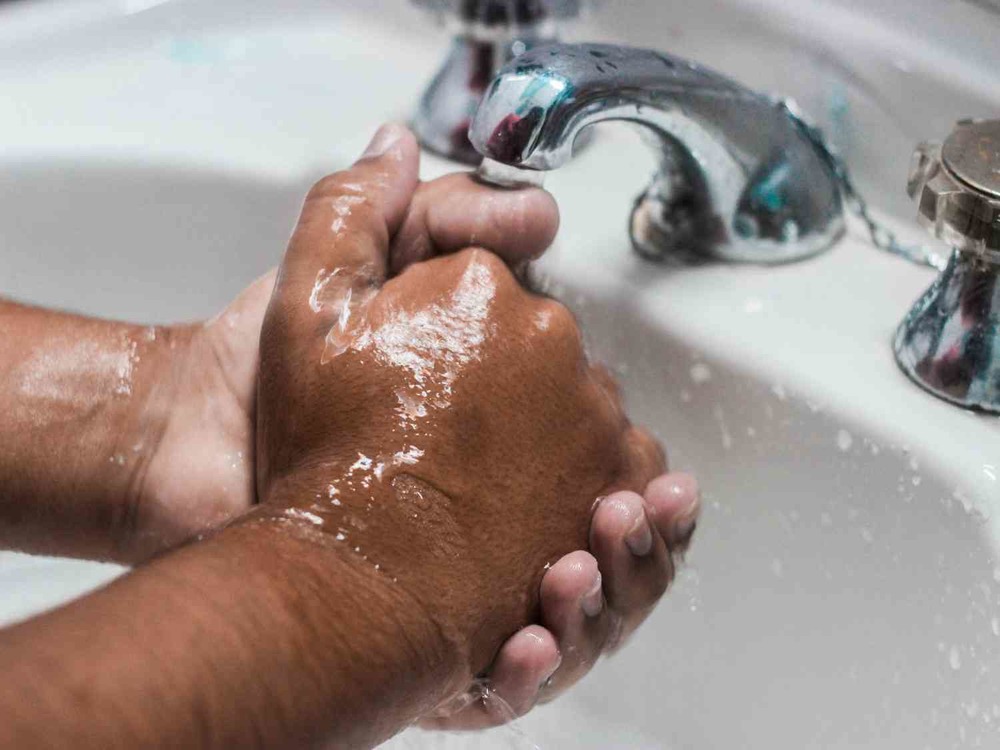Great Health Great Fitness
Introduction: Hygiene is not just about cleanliness; it’s a fundamental aspect of personal well-being that extends beyond physical health to impact mental and social aspects of our lives. In this blog, we’ll explore the significance of hygiene, discuss its various dimensions, and provide practical tips for maintaining a healthy and well-rounded approach to personal cleanliness.
Understanding Hygiene:
- Beyond Cleanliness: Clarify that hygiene is more than just keeping the body clean. It involves habits and practices that contribute to overall health and well-being.
- The Importance of Personal Hygiene: Discuss how good personal hygiene not only prevents illness but also boosts self-esteem, promotes social interactions, and contributes to mental well-being.
Physical Hygiene:
- Daily Bathing and Showering: Emphasize the importance of regular bathing or showering to remove dirt, sweat, and bacteria. Provide tips for choosing appropriate skincare products for different skin types.
- Oral Health: Discuss the significance of oral hygiene, including regular brushing, flossing, and dental check-ups. Explore the impact of oral health on overall well-being.
- Hand Hygiene: Stress the importance of handwashing in preventing the spread of infections. Discuss proper handwashing techniques and when it is crucial to wash hands.
Clothing and Personal Care:
- Wardrobe Choices: Explore the connection between clothing choices and hygiene. Discuss the importance of wearing clean clothes and choosing fabrics that promote ventilation and comfort.
- Hair Care: Provide tips for maintaining healthy hair, including regular washing, conditioning, and choosing hair care products suitable for different hair types.
- Nail Care: Address the significance of nail hygiene. Discuss the importance of trimming nails, avoiding nail-biting, and keeping nails clean to prevent infections.
Mental and Emotional Hygiene:
- Stress Management: Discuss the link between stress and personal well-being. Explore stress management techniques such as mindfulness, meditation, and regular breaks to foster mental hygiene.
- Quality Sleep: Emphasize the role of sleep in mental and emotional well-being. Provide tips for establishing a healthy sleep routine and creating a conducive sleep environment.
Social Hygiene:
- Respecting Boundaries: Stress the importance of respecting personal space and boundaries in social interactions. Discuss how practicing good social hygiene contributes to positive relationships.
- Cough and Sneezing Etiquette: Address the significance of covering the mouth and nose during coughing or sneezing to prevent the spread of infections. Encourage the use of tissues or elbows for this purpose.
Environmental Hygiene:
- Clean Living Spaces: Discuss the impact of the environment on personal well-being. Provide tips for maintaining clean living spaces, including regular cleaning and decluttering.
- Food Safety: Explore the importance of food hygiene in preventing foodborne illnesses. Discuss proper food handling, storage, and hygiene practices in the kitchen.
Personal Hygiene Across the Lifespan:
- Children and Adolescents: Discuss age-appropriate hygiene practices for children and adolescents. Emphasize the importance of instilling good habits from an early age.
- Seniors: Explore special considerations for seniors, such as mobility issues and skin care. Discuss the importance of regular check-ups and dental care in older age.
Conclusion:
In conclusion, maintaining good hygiene is a holistic endeavor that extends beyond cleanliness to impact physical, mental, social, and environmental aspects of our lives. By incorporating simple yet effective hygiene practices into daily routines, individuals can promote personal well-being and contribute to a healthier, happier community. Remember, hygiene is not just a task; it’s a lifestyle that nurtures both body and mind.

